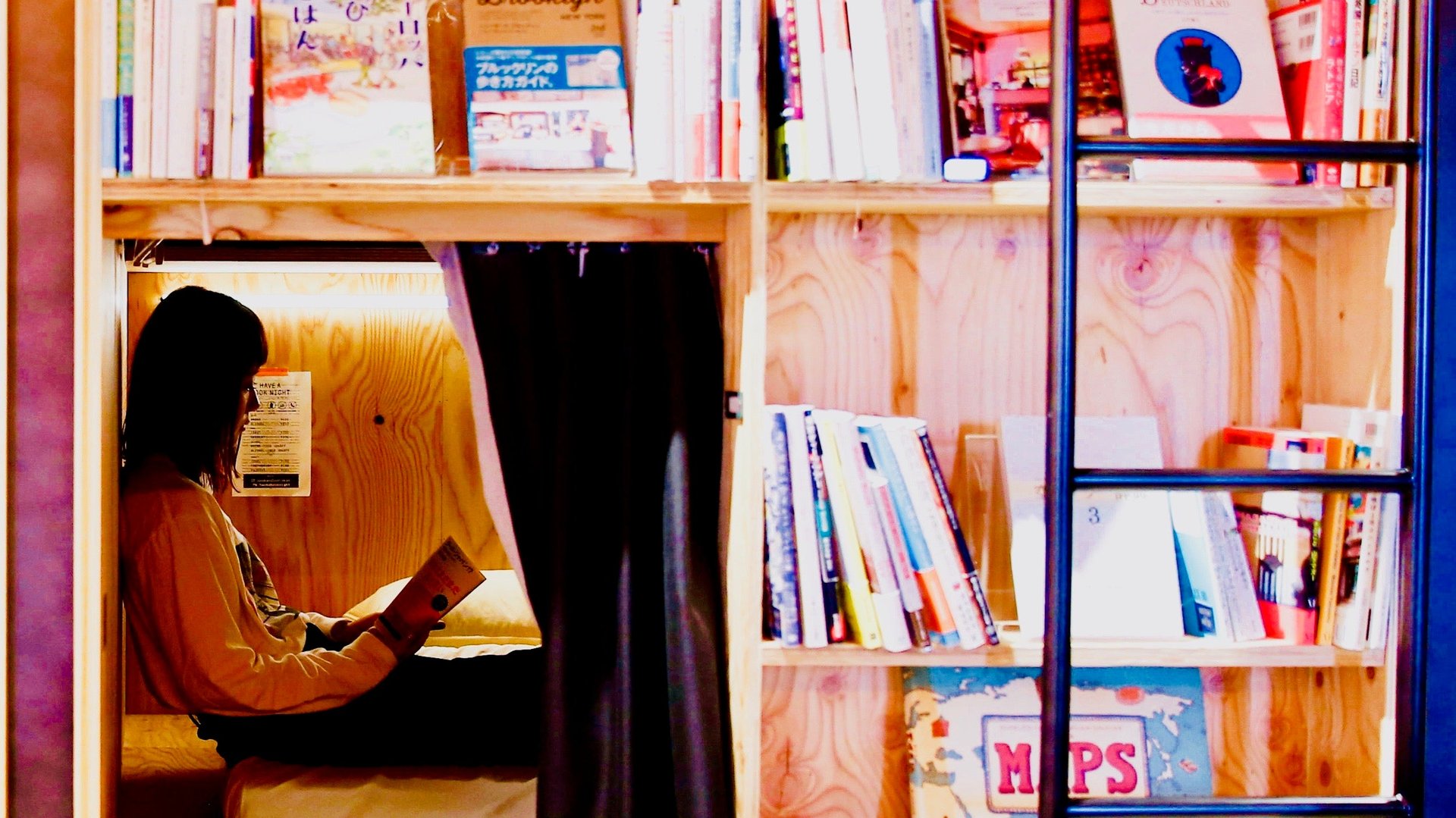The case for giving away your books
No topic inflames the passions of literary types more than the question of getting rid of books.


No topic inflames the passions of literary types more than the question of getting rid of books.
Even the hippest minimalists make exceptions for literature, arguing that they will return to the best texts and have been filled with regret when they gave favorite tomes away. And though many have signed on for the life-changing magic of tidying up—the famous Marie Kondo book and decluttering method, now a Netflix series—some steadfastly refuse to include books in the category of stuff that burdens us.
Books are objects. Yet they are special. Unlike other things that take up space, they have a certain cachet. An excess of texts doesn’t seem wasteful or materialistic to many, even in these times of decluttering frenzy. Instead, it’s considered impressive.
In fact, some might judge not only your erudition but your fundamental sexiness based on your bookshelves. Or, in the words of filmmaker John Waters, “If you go home with somebody, and they don’t have books, don’t fuck ’em!”
Waters, however, like so many others, is confusing having books with reading them. And while having many tomes may impress a collector, the truth is that your bookshelves say more about your sense of attachment than your actual reading habits. After all, unlike a sweater—which is a thing that is useful to own—the value of a book goes far beyond its existence as an object.
The point of books isn’t to prove you’re a reader should a guest come over and judge you. Texts are meant to be read. They live on after they are physically gone from your life, and the best of them transform you forever, whether or not you can point to them in your space. These aren’t standard objects because they educate and liberate us—from our lives, our time, our hang-ups, ignorance, and attachments. And a serious reader will have consumed so many of them over a lifetime that hanging on to the lot would be absurd and overwhelming.
Book lovers rightly point to the fact that texts help us identify ourselves. We can look at the titles and remember who we are, where we came from, how we developed, and the writers that influenced our lives. A glance at the collection offers nostalgic satisfaction and confirms a certain (smug) sense that we’re intelligent, thinking beings. We have the books to prove it, after all.
But what the collectors don’t seem to get is that the weight of these objects also holds us down. Collecting books doesn’t ensure you will read a lot. It just reassures you that you’ll have plenty to choose from should you at some point decide to do so.
Making space
Personally, I take the opposite approach. For every book that comes into my home, I give one away. There are only eight texts in my permanent collection and they are all slender tomes. The only exception is Quartz’s book about objects, which I hang on to because it is indeed a beautiful thing.
With the rest, I am ruthless, and I choose to be this way—though it may momentarily pain me—because my engagement with books is personal and I have confidence in the reading process. I’m quite certain that I don’t need the objects to seem like a reader to those for whom that’s an important criteria. Certainly, I can sniff out a literary type without checking their bookshelves, so I assume the same is true for others. And this relentless jettisoning keeps a flow of books coming in and out that keeps me reading steadily.
Also, I like to imagine that I’m passing on a delightful secret to the next reader, giving an anonymous gift. By leaving books in little free libraries and other public spaces it’s kind of like paying in to a secret society of readers and trusting that more books will make their way to me too. And ultimately, that’s the most important aspect of getting rid of books—making space for new information.
Releasing texts that I’ve already read is a practical and symbolic gesture. It’s my way of signaling to myself and the universe that I am not attached to the past or what I already have and that there’s plenty of room for newness in the form of ideas or writing.
Because I love books, I let them go, and trust that there will always be enough good stuff coming to keep me busy. To the extent that I have ever regretted giving away a text and longed to reread it a few years later, I just get it again because, hell, bookstores can use our support and most writers don’t get paid enough.
There is no single right answer to the great book debate—it depends on who you are and what you treasure. You may decide that you still love looking at all the works lining your shelves, that the presence of these tomes starts great conversations, that they make handy references, or remind you of the places you’ve been physically and mentally. You may even judge a lover by their absent stacks and accidentally dump a real reader, having judged the book by the cover.
But because books are unlike other objects, it’s always worth recalling that their substance is far more important than their form. What makes the best stories magical is precisely the fact that they last. Getting rid of the physical thing doesn’t make them go away—good books stay with us.